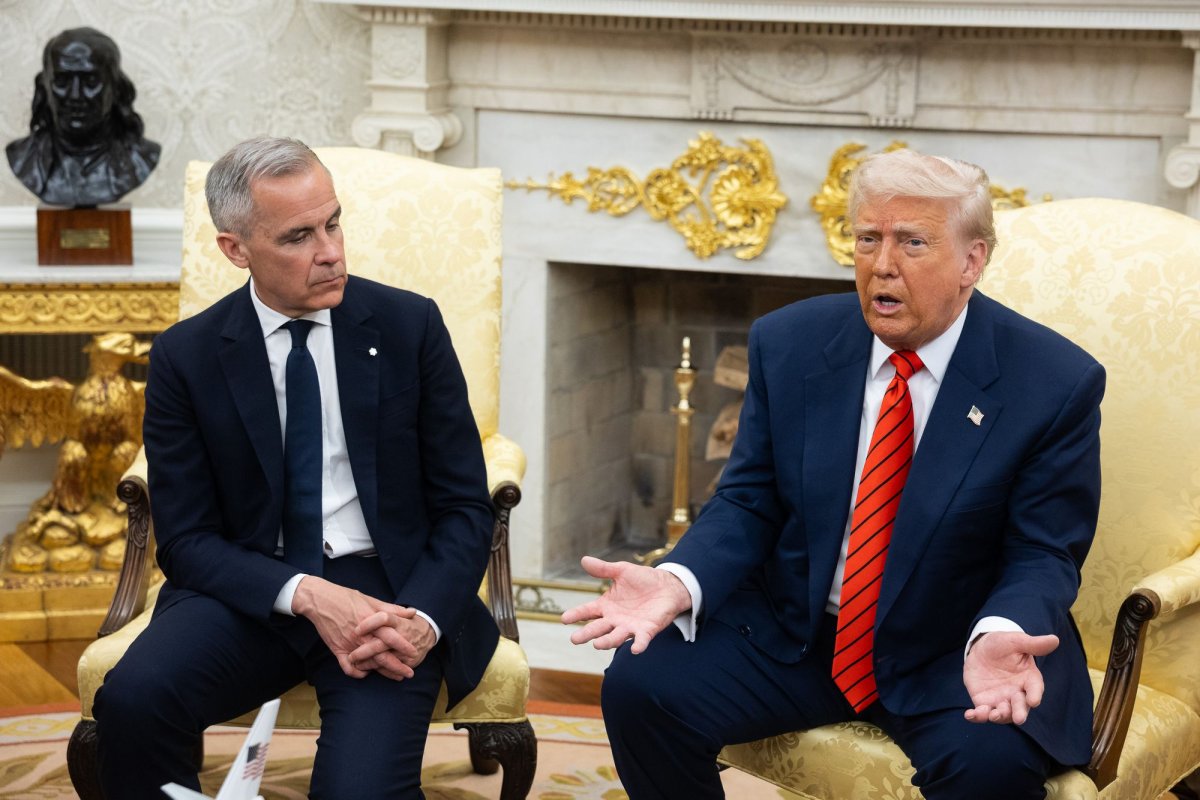Speaker rejects pressure to approve package sent over by Senate, leaving its path to passage deeply uncertain
Mike Johnson, the US House speaker, has unveiled a complicated proposal for passing wartime aid for Israel, Ukraine and Taiwan, rejecting pressure to approve a package sent over by the Senate and leaving its path to passage deeply uncertain.
The Republican speaker huddled with fellow GOP lawmakers on Monday evening to lay out his strategy to gain House approval for the funding package. Facing an outright rebellion from conservatives who fiercely oppose aiding Ukraine, Johnson said he would push to get the package to the House floor under a single debate rule, then hold separate votes on aid for Ukraine, Israel and Taiwan and several foreign policy proposals, according to Republican lawmakers.
However, the package would deviate from the $95bn aid package passed by the Senate in February, clouding its prospects for final passage in Congress.
Johnson has faced mounting pressure to act on Joe Biden’s long-delayed request for billions of dollars in security assistance. It’s been more than two months since the Senate passed the $95bn aid package, which includes $14bn for Israel and $60bn for Ukraine.
The issue gained new urgency after Iran’s weekend missile and drone attack on Israel. Congress, however, remains deeply divided.
Johnson has declined to allow the Republican-controlled House to vote on the measure. The senate passed it with 70% bipartisan support and backers insist it would receive similar support in the House, but Johnson has given a variety of reasons not to allow a vote, among them the need to focus taxpayer dollars on domestic issues and reluctance to take up a Senate measure without more information.
As the House has struggled to act, conflicts around the globe have escalated. Israel’s military chief said on Monday that his country will respond to Iran’s missile strike. And Ukraine’s military head over the weekend warned that the battlefield situation in the country’s east has “significantly worsened in recent days”, as warming weather has allowed Russian forces to launch a fresh offensive.
Meanwhile, Joe Biden, who is hosting Petr Fiala, the Czech prime minister, at the White House, called on the House to take up the Senate funding package immediately. “They have to do it now,” he said.
Hakeem Jeffries, the top House Democrat, also put pressure on Johnson and pledged in a letter to lawmakers to do “everything in our legislative power to confront aggression” around the globe, and he cast the situation as similar to the lead-up to the second world war.
“The gravely serious events of this past weekend in the Middle East and eastern Europe underscore the need for Congress to act immediately,” Jeffries said. “We must take up the bipartisan and comprehensive national security bill passed by the Senate forthwith. This is a Churchill or Chamberlain moment.”
In the Capitol, Johnson’s approach could further incite the populist conservatives who are already angry at his direction as speaker.
Marjorie Taylor Greene, a Republican Congresswoman from Georgia, is threatening to oust him as speaker. As she entered the closed-door Republican meeting on Monday, she said her message to the speaker was: “Don’t fund Ukraine.”
The GOP meeting was filled with lawmakers at odds in their approach to Ukraine: Republican defense hawks, including the top lawmakers on national security committees, who want Johnson to finally take up the national security supplemental package as a bundle, are pitted against populist conservatives who are fiercely opposed to continued support for Kyiv’s fight.
On the right, the House Freedom Caucus said Monday that it opposed “using the emergency situation in Israel as a bogus justification to ram through Ukraine aid with no offset and no security for our own wide-open borders”.




